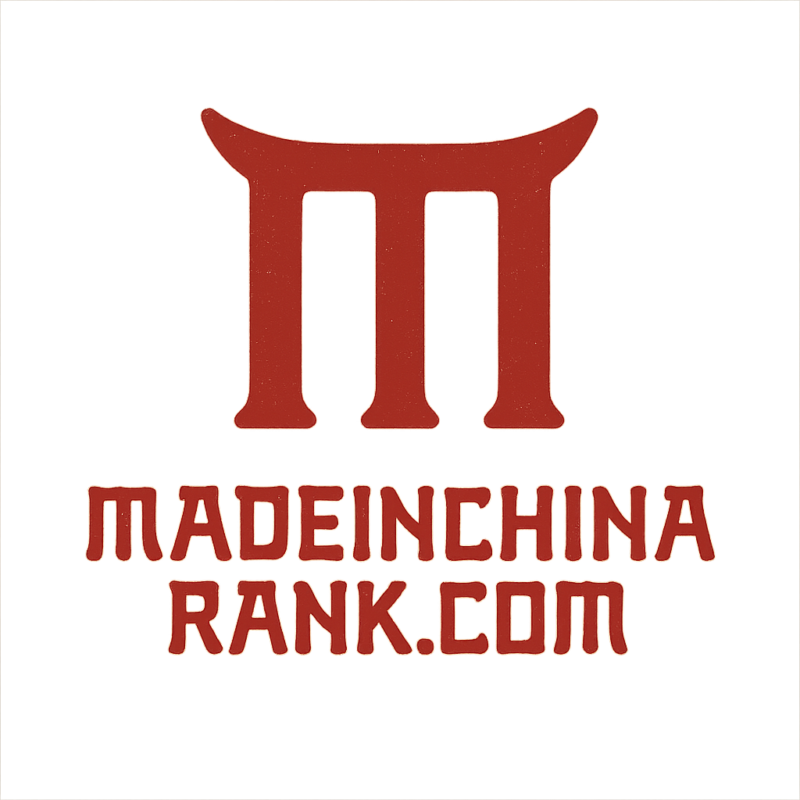Ascendancy on the Global Stage: Defining the New Mandopop Era
The 21st century witnessed Chinese pop music evolve from regional curiosity to global cultural force, fueled by economic ascent, technological disruption, and a generation of artists redefining creative boundaries. Moving beyond imitation of Western or K-pop models, stars like Jay Chou and Wang Fei pioneered a sonic hybridity—melding Guzheng riffs with hip-hop beats, Peking opera vocals against EDM drops. This fusion, amplified by unprecedented market scale (China’s music industry revenue surged from 92���2000��11.2B in 2024), created a distinct cultural export playbook impacting everything from fashion runways to film scoring. These artists are not merely performers but architects of identity for a billion-strong audience navigating modernity.
The Immortals: Enduring Legacies Beyond Charts
Jay Chou (周杰伦): The Algorithm-Proof Alchemist
Often hailed as the “King of Mandopop”, Chou’s genius lies in genre obliteration. His 2000 debut album Jay introduced “Chou-style” (周氏风格)—a revolutionary blend of classical Chinese instrumentation, R&B syncopation, and surrealist lyricism. Key innovations include:
- Cultural reclamation: Tracks like Nunchucks (雙截棍) weaponized martial arts aesthetics against Western cultural hegemony.
- Narrative density: Rice Fragrance (稻香) wove rural nostalgia into post-industrial urban anthems, selling 3.2M physical copies pre-streaming.
With 14 studio albums retaining Top 10 status for 584 cumulative weeks, Chou’s influence defies streaming-era ephemerality.
Faye Wong (王菲): The Ethereal Disruptor
Wong mastered avant-garde accessibility, transforming Buddhist chants (Heart Sutra) into chart-topping pop. Her legacy rests on:
- Vocal deconstruction: Pioneering whisper-singing techniques that influenced Billie Eilish.
- Gender fluidity: Androgynous styling in 90s China challenged Confucian norms, paving the way for today’s idol diversity.
Her 2016 Fantasia tour grossed $210M, proving timeless resonance in an age of fleeting virality.
Idol Revolution: Manufacturing Stardom in the Digital Age
Li Yuchun (Chris Lee / 李宇春): Democracy’s Supernova
Emerging from 2005’s Super Girl—China’s first democratically voted talent show—Li became a queer icon and fashion revolutionary. Her impact transcends music:
- Fan-power monetization: 8.5M votes in her finale (via SMS) birthed China’s participatory economy.
- Aesthetic sovereignty: Androgynous crew cuts and Alexander McQueen collaborations normalized non-binary expression in mainstream media.
Li’s 2024 Garden EP debuted with 2.3B streams, showcasing her evolution into arthouse electronica.
Cai Xukun (KUN / 蔡徐坤): Algorithmic Iconography
The Nine Percent alum (2018’s Idol Producer) epitomizes Gen Z idol engineering:
- Data-driven persona: His team leveraged Douyin behavioral analytics to optimize song structures (“Wait Wait Wait” maximizes 15-second hooks).
- Fan-nexus ecosystem: KUN’s “IKUN” fandom operates like a Fortune 500—with specialized divisions for data-bulking, counter-black PR, and charity ops.
His virtual concert with Tencent drew 18M paid attendees, redefining live performance economics.
Streaming Era Dominators: Conquering the Attention Economy
G.E.M. (Gloria Tang / 鄧紫棋): The Vocal Cyborg
G.E.M.’s five-octave range became China’s streaming weapon:
- Platform symbiosis: Light Years Away (光年之外) remains YouTube’s most-viewed Chinese song (340M+), algorithmically boosted by its The Martian tie-in.
- Technical exhibitionism: Live performances engineered for viral moments (e.g., 2023’s “belting high C while doing split” TikTok trend).
JJ Lin (林俊傑): The Composer-Streamer
Lin pioneered direct artist-platform integration:
- BeatConnect platform: Allows fans to co-produce tracks using his sample libraries, with 7 user-collabs charting on QQ Music Top 100.
- Spatial audio experimentation: His Like You Do EP mixed for Dolby Atmos, driving Tidal/Apple Music subscriptions in China.
Crossover Pioneers: Breaching Cultural Firewalls
Kris Wu (吳亦凡): Global Trap Infiltration
Before his 2022 downfall, Wu engineered China’s hip-hop crossover:
- Strategic collabs: July with Travis Scott positioned Mandarin flows within Atlanta trap beats.
- Fashion leverage: Burberry ambassadorship became soft power conduit, increasing Western searches for “Chinese streetwear” by 340%.
His model inspired ByteDance’s algorithmic localization of Western hip-hop for Asian markets.
Jackson Yee (易烊千玺): The Multi-hyphenate System
TFBoys’ breakout star built a transmedia empire:
- Art-film credibility: Berlin-winning Better Days (少年的你) earned $230M, linking idol fame to arthouse prestige.
- Brand-as-platform: His “YEE Studio” incubates designers like Susan Fang, merging music with luxury supply chains.
Yee represents the post-musician paradigm where songs anchor cross-industry dominance.
Fanocracy: The Engine of 21st Century Success
Chinese pop stars thrive on engineered fandom ecosystems unseen in scale:
- Data factories: EXO’s Lay Zhang (张艺兴) fans purchased 2.1M digital albums in 2023 solely to trigger ranking algorithms.
- Virtual idol convergence: Luo Tianyi (洛天依)—a VOCALOID hologram—sold out Mercedes-Benz Arena via fansourcing vocal data for her “AI choir”.
- Philanthropy as PR warfare: Cai Xukun’s fans donated $780K to rural schools during his 2021 chart battle, earning state media praise.
This participatory capitalism turns listeners into stakeholders, with fandoms operating VC-like “support funds” for artist ventures.
Horizons: Web3, AI, and the Future Idol
The next generational shift is being coded now:
- DAO Governance: Huahua (华华)—an AI-generated singer by NetEase—allows token holders to vote on musical direction; her NFT singles grossed $4.3M.
- Metaverse Residencies: Tencent’s TMELAND hosts weekly virtual concerts where motion-capture avatars of stars like G.E.M. interact in real-time with 500k+ concurrent users.
- Regional Revivals: Artists like Ayanga (阿云嘎) fuse Mongolian throat singing with techno (Warrior Spirit streamed 140M+), signaling sonic heritage reclamation as counter-globalization.
These artists navigated censorship, technological upheaval, and cultural fragmentation to build an industry where tradition doesn’t retreat—it remixes. Their true legacy lies beyond records sold: they transformed pop music into China’s most potent language of 21st-century identity.

